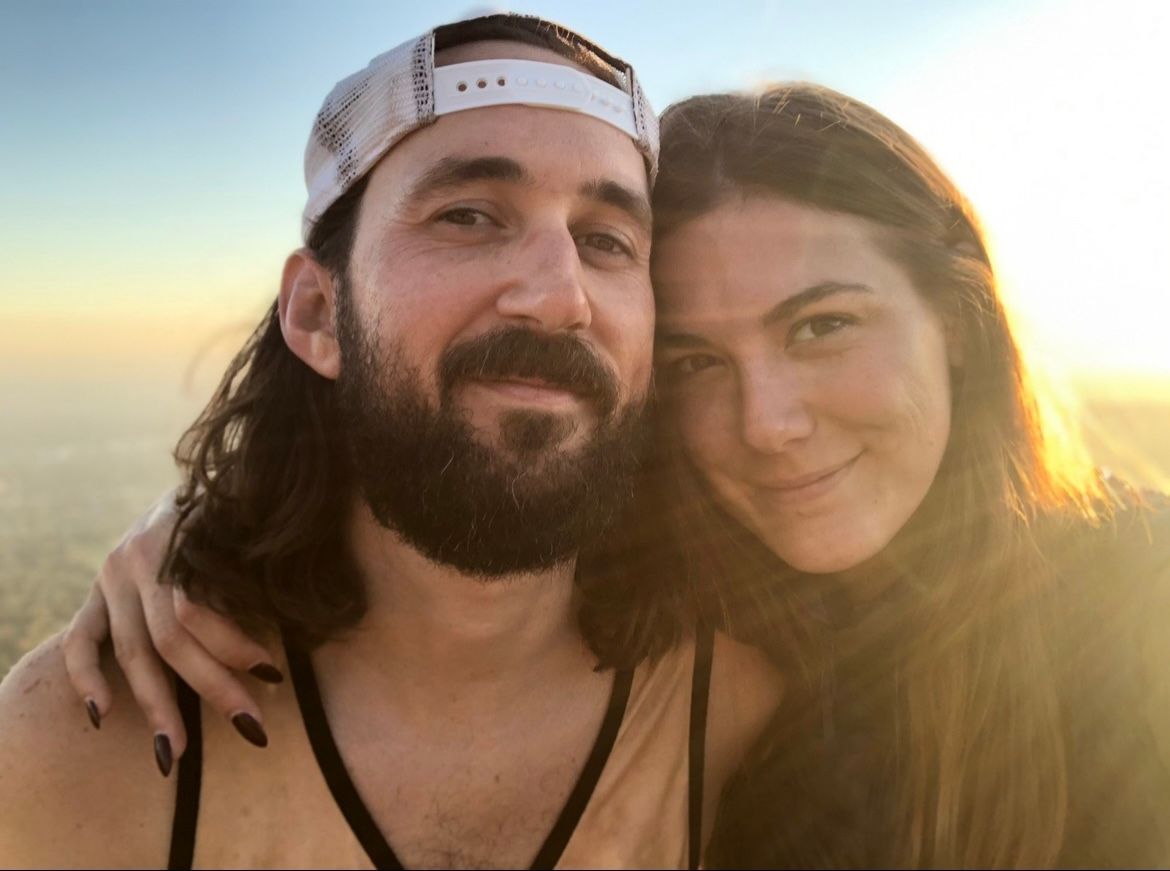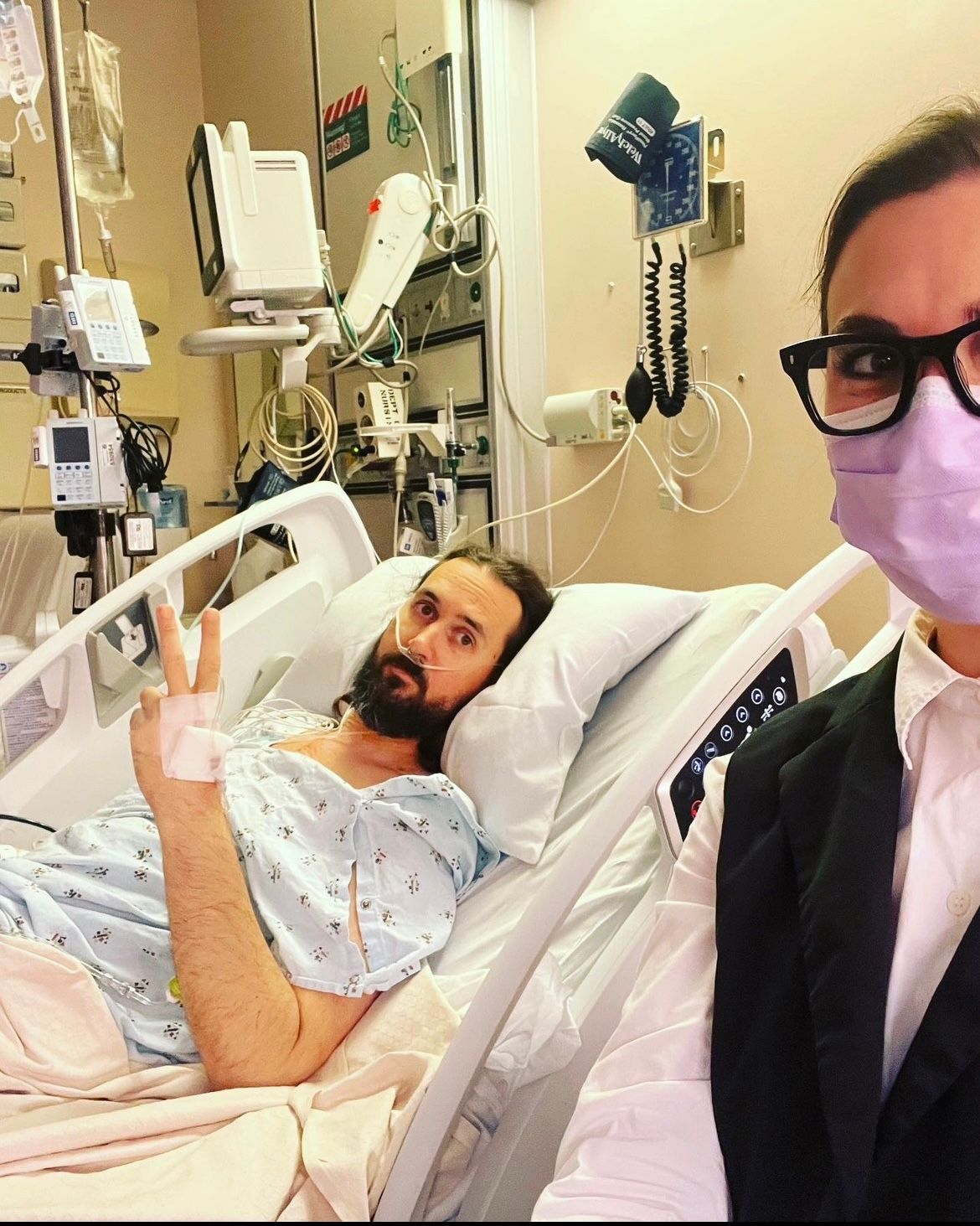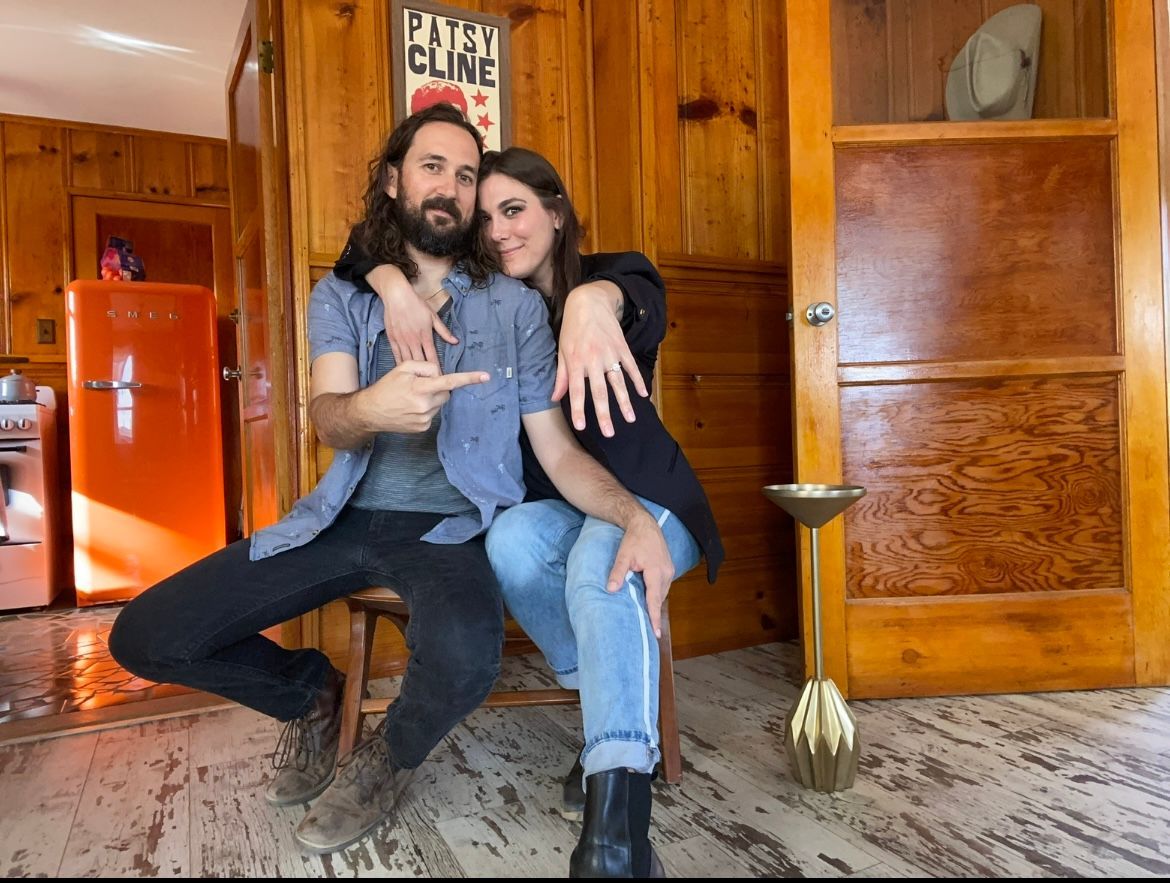Faces of HCM
Dominic Venti
“I could walk forever, but anytime I would amp up my physical exertion, I felt like I was going to pass out or my chest was going to burst.”



For Dominic, life before his HCM diagnosis was fairly normal. He was active and enjoyed being outdoors. However, for any kind of distance running, he would get easily winded and his heart would be pounding, and he wouldn’t know why. “I could walk forever, but anytime I would amp up my physical exertion, I felt like I was going to pass out or my chest was going to burst.” Though his life seemed normal, he did notice things that made him different from other people.
When he was 21, Dominic had a transient ischemic attack (TIA, also referred to as a “mini-stroke”) which led to him getting a lot of testing done. Though there wasn't as much information on the internet as there is now, doctors were able to narrow down his diagnosis to obstructed hypertrophic cardiomyopathy. Around the same time, one of his brothers was having similar symptoms of being winded and not being able to keep up on runs, but he was in great shape. “So we all decided, let's get our hearts tested”. Dominic is from a big Italian family and is 1 of 5 boys. Of the 5, 3, including Dominic, have varying degrees of HCM.
Dominic had an ICD implanted 8 years ago and is taking a couple of different medications, including a blood thinner and a beta-blocker. An alcohol ablation was attempted in August of 2022, but it unfortunately didn't work. Because the ablation did not work, he had a myectomy was done a few months later. He recalls the first week after the myectomy being rough, but he felt better every day. “It is not a cure, obviously, but it is going to help me be more active, which is going to help me get healthier. By prox,y it will help me live a more fruitful, positive life.”
Though there is no written confirmation of a family history of HCM, Dominic's mother passed away at age 31 when Dominic and his siblings were just kids. However, the autopsy didn’t list HCM. Dominic recalls, “Looking back, they listed a couple of things that made no sense.” Afterwards, Dominic was able to get genetic testing done through his healthcare provider, where they were able to find specific markers that showed where HCM is in his genetics. Dominic believes that it is essential to know your family’s heart health history because DNA is passed down. Knowing your family is affected can help you get ahead in the long run. You can screen and test earlier to receive a definitive diagnosis and take the steps necessary for your care.
When he first received his diagnosis, Dominic was worried because it felt like it was a death sentence. “My biggest worry was that I was going to drop dead.” There were a lot of things that he wanted to do in life and a lot of things he wanted to see. But after doing research and taking some time, he found out that there were options. He feels lucky to have been able to find a provider who knows what HCM is and how to treat it because he has heard horror stories, even from his siblings, regarding their doctors who do not know what HCM is or understand the severity of it. For Dominic, a couple of cardiologists became specifically interested in his HCM. They joined his care team to follow his journey and helped ensure he received the best care. Despite this, there are still facets of his life that are impacted by his HCM diagnosis. Both him and his wife enjoy camping, but now with his diagnosis, he has to consider location and proximity to hospitals and accessibility of emergency vehicle services before planning a trip. He also has to explain to people, sometimes those he doesn't even know well, that he may pass out and these are the steps they need to take if that happens. He doesn't think it is embarrassing, but finds it tedious that he has to do that and place pressure on somebody in case a situation like that happens.
Dominic says, “There is the aspect that you feel you are missing out on life because there are things that you physically can’t do.” There is an emotional toll similar to the physical toll of the disease. “Feeling different than other people is never a great feeling, but with time, you get used to it.”


 Translate
Translate